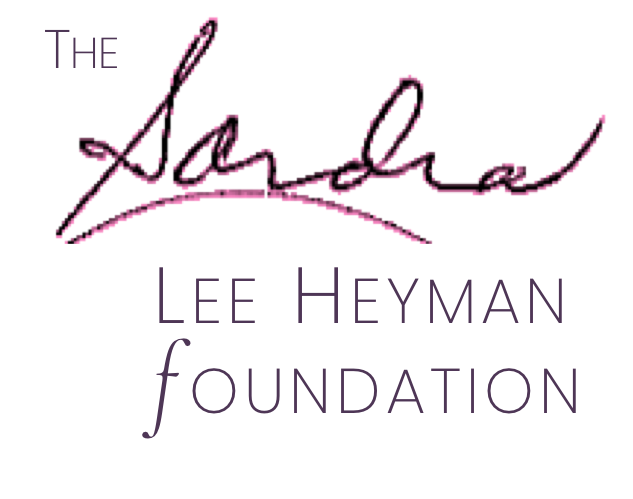ER Pediatrician Shares Candid Views about Practicing Medicine, Medical Schools...and the Essential Element of Passion
Rosemary Thomas-Mohtat, M.D., confronts emergencies every day. After all, that’s her job as a pediatrician in the emergency room (ER) at Children’s National Hospital in Washington, D.C. where she specializes in ultrasound technology. As Director of Emergency Ultrasound, Dr. Thomas-Mohtat uses this diagnostic tool at ER bedsides and also teaches other medical professionals about this valuable technique. It’s both a very challenging and rewarding occupation, she told Sandra Lee Heyman STEM Career Awareness Fellows in a candid and lively discussion in February.
Characterizing herself as someone who likes to solve problems, Dr. Thomas-Mohtat explained her responsibilities during a typical ER shift and the kinds of interactions she has with children, families, and her peers. Among other things, she described the variety of specialty choices in medicine and related educational requirements, the difference between teaching and non-teaching hospital environments, and how advances in technology are making hospital emergency rooms better able to assist in making diagnoses and administering treatments.
During the virtual event Dr. Thomas-Mohtat shared a wealth of insights and advice with the fellows, including:
· “You need to know your why. Why am I doing this? Why am I picking this? What am I good at? What do I enjoy doing? How do I want to live my life? These are hardcore questions at 15....and you do not need to know all the answers.” She told the Fellows that “it's okay to take your time....You don't have to decide now, nor do you have to decide in college,” noting that some begin medical school much later in life, sometimes after trying out business, law, or other professions.
· Regardless of when someone decides to pursue a medical career, a passion for practicing medicine is essential to making it through the years of required medical training as well as the daily stresses of practicing medicine.
· When preparing for college, students should focus on what they really like rather than what they think they should focus on. “As you are doing college prep, just do things you actually enjoy. Don't do them because they just look good on paper” or you think they will impress admissions officials. She advised fellows to do “five things really well...that you really enjoy, rather than 50 activities...What is the thing that you enjoy – and focus on and develop that.... You have to find a way to shine.”
· Likewise, in college students should pursue “all of your other interests that make you special and bring you joy, because those things will sustain you for the rest of your life.”
· Medical school “should not be a fall back. It shouldn't be...I guess I'll do that.”
· For students who are certain that they want to pursue a career in medicine, there are eight-year programs that offer admission to a combined college and medical school education directly from high school – an option that she chose.
· All medical schools “are about the same caliber,” so going to a city or state medical school is a great way to avoid large debt after completing medical school.
· “While I'm a physician, there are so many ways that you can be in medicine without all of the years of school,” including being a physician’s assistant, nurse practitioner, radiation technologist, pharmacist, or speech pathologist.
“It’s like being an engineer or a scientist. It requires a passion and a dedication... and not to be taken lightly.””
The Sandra Lee Heyman Foundation is a 501(c)(3) nonprofit organization established in memory of Sandra Lee Heyman, a long-time mathematics teacher at the elementary, middle school, high school, and community college levels. The 18-month long Fellowship is aimed at promising high school students who have the opportunity to meet with STEM leaders, visit prominent institutions in the Washington, D.C., area, and access peers and mentors to support career exploration in STEM fields. There are multiple ways to support the Fellowship program, and donations to the Foundation are tax deductible.
